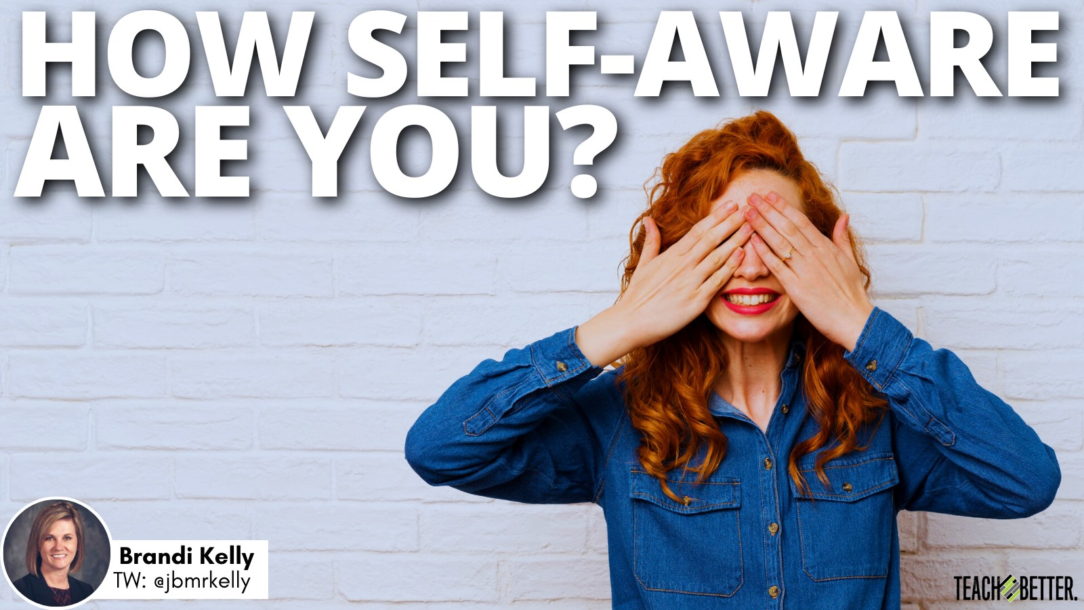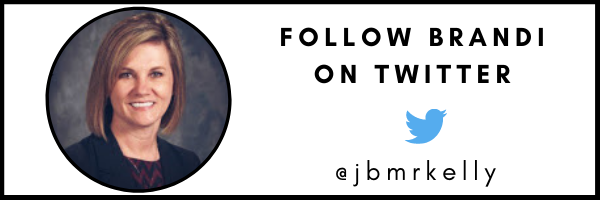TL;DR:
- Self-reflection leads to self-awareness, a crucial foundation for wisdom and effective leadership. It’s a continuous process that requires intentional practice and time.
- Methods like journaling, meditation, and nature walks are powerful tools for self-reflection, helping to recognize emotions, strengths, weaknesses, biases, and blind spots.
- Self-awareness leads to self-efficacy, essential for personal and collective growth. Through mastery and vicarious experiences, individuals can build confidence and inspire others.
Self-Reflection Leads to Self-Awareness
Aristotle says, “Knowing yourself is the beginning of all wisdom.” That quote highlights the importance of self-awareness! Building self-efficacy requires self-awareness and intentional self-reflection. This is a process, not an event. Consequently, building self-efficacy requires time and consistent, intentional practice.
I have been an educator for more than 20 years, and I have finally learned that leading is not about me. It has taken me quite a while to learn this lesson. At times I have been my own worst enemy when it comes to learning, growing, and becoming a better version of myself. This is important because it puts a fine point on the importance of self-reflection!
Self-reflection shows you who you are in this life, what you want for yourself and others, and how to get there. You must lead yourself well in order to lead others well. Self-reflection can happen in a number of ways. Today, I encourage you to pick one method of self-reflection and get started!
We all have greatness within us. It is our privilege and responsibility to share our greatness with the world! But first, we must take a look at the man/woman in the mirror. Self-reflect to see who you are right now! Click To TweetMethods of Self-Reflection
Some people self-reflect through the daily practice of journaling. Journaling can be a very cathartic exercise where you write down your thoughts, feelings, and activities. A gratitude journal is one specific type of journal. You may have heard the saying “What you focus on grows.” That statement is so true, and a gratitude journal helps you focus on life’s blessings! Jon Gordon is famous for saying “You cannot be stressed and thankful at the same time.” I couldn’t agree more!
Another way to engage in self-reflection is through meditation. Sitting down in a quiet place and focusing on your breathing. Being intentional as you breathe in and breathe out. There are many options for meditation. Some focus on breathing alone while others focus on a quote or a scripture as they breathe. The act of meditation helps you become grounded in the moment.
Finally, a walk in nature is an excellent way to give yourself time and space to reflect on the day or the past week. A gratitude walk is very powerful. Exercise and gratitude accentuate one another and improve your mental clarity and your mindset.
The ways listed above just brush the surface! It may be hard at first, but set a specific goal and self-reflect consistently! I strongly recommend that you consider consistent, intentional self-reflection in an effort to improve self-awareness and, in turn, self-efficacy.
Why is self-awareness important?
Self-awareness is important because leaders who are self-aware are able to recognize and manage their emotions. As human beings, we have a wide array of emotions every day. Emotions are neither good nor bad. It is what we do with those emotions that determines their impact. Recognizing and managing one’s own emotions allow leaders to maintain calm and composure in difficult situations.
Self-aware leaders are able to recognize their strengths and weaknesses as well as the strengths and weaknesses of those they lead. This awareness allows leaders to identify tasks to delegate. As a Superintendent, I delegate tasks in an effort to build capacity. I do not always do this well. When my emotions get in the way, it can be difficult to see past the obstacles (in all honesty, that obstacle can be myself). My rule of thumb is if someone else can do the task at least proficiently, then it should be delegated. Again, this is an opportunity to build capacity within your team.
Additionally, self-awareness allows you to see your biases and blind spots. As human beings, we so often get in our own way! We may make the same mistake over and over again. I believe that is because we do not work on improving our level of self-awareness. It is not a one-and-done proposition. Self-awareness improves over time through an intentional practice of self-reflection. So, how self-aware are you?
Self-efficacy is the payoff!
In education, thanks to John Hattie, we know that collective teacher efficacy has a significant impact on student achievement. The only way to develop collective teacher efficacy is by first developing self-efficacy. According to Albert Bandura, this happens most prominently through mastery experiences and vicarious experiences.
When we try something new, we are probably not going to be very good at it the first time. Through trial and error, we develop mastery over time. This mastery builds confidence and self-efficacy or a mastery experience! Vicarious experience is simply when a colleague or student witnesses your level of mastery and is inspired to try something new because they see how well it has worked for you. In its simplest terms, that is how we build self-efficacy.
While attending the Illinois Association of School Administrator’s conference, Adam Welcome and I met in a Starbucks. If you don’t know Adam, he is an educator, author, podcaster, and international speaker. While we waited for our coffee, we started a conversation. One thing led to another, and he began talking to me about starting a podcast. Adam has more than one podcast, and he encouraged me to start my podcast right away. Adam shared how he got started with his podcasts, and the tools he used, and once again encouraged me to start my podcast. This past week, I interviewed Adam and launched my podcast “Lead with HOPE”!
Adam’s mastery experiences helped build my level of self-efficacy. I’m grateful for the encouragement! You can check out my website and podcast at https://www.leadwithhope.net
Share YOUR Greatness
We all have greatness within us. It is our privilege and responsibility to share our greatness with the world! But first, we must take a look at the man/woman in the mirror. Self-reflect to see who you are right now! What’s your purpose? What fuels your passion? What gift(s) do you have to share with the world? Reflect and refine yourself as you build self-awareness and self-efficacy! Then, go out and share your greatness with the world!
About Brandi Kelly
Mrs. Brandi Kelly is currently a Middle School Principal in the Sangamon Valley School District. Sangamon Valley Middle School is a small middle school in Illiopolis, IL west of Decatur, IL. Brandi began her career as a school social worker in the Effingham School District. She has served as a building administrator in three districts to date: Ramsey School District, Mt. Zion School District, and Sangamon Valley School District. Brandi has been in the field of education for 20 years and has served as a building administrator for 9 years. Her goal is to build teacher and student capacity by providing tools and strategies that empower and inspire others toward greatness!
Brandi believes that everyone can learn and has the potential for greatness. Relationships are incredibly important to the learning process. It is necessary for educators to invest time in students to build relationships in an effort to maximize their influence and impact.
Brandi is a wife and mother of two children. She is passionate about learning, growing, and inspiring others to do the same. She is an inspirational educator and leader and works diligently to empower others each and every day.




